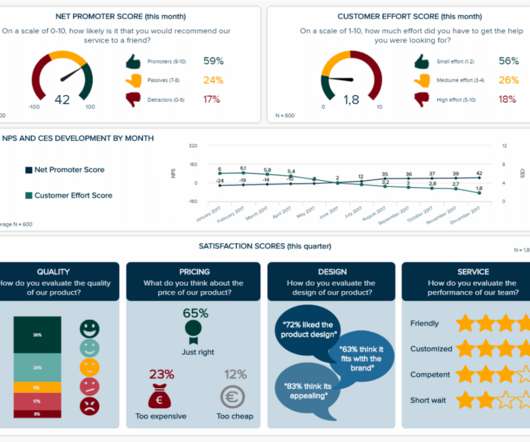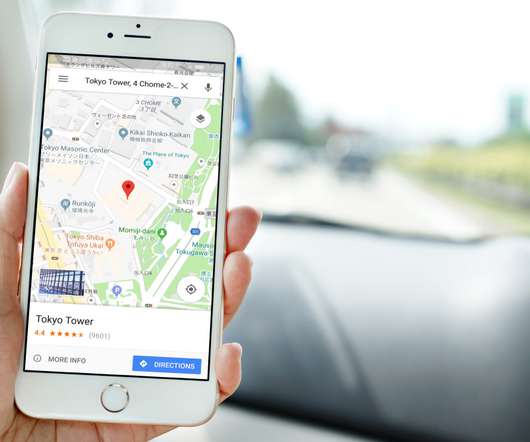A Guide To The Methods, Benefits & Problems of The Interpretation of Data
datapine
JANUARY 6, 2022
Data analysis and interpretation have now taken center stage with the advent of the digital age… and the sheer amount of data can be frightening. In fact, a Digital Universe study found that the total data supply in 2012 was 2.8 trillion gigabytes! Quality ratings and agreement ratings are examples of ordinal scales (i.e.,














Let's personalize your content